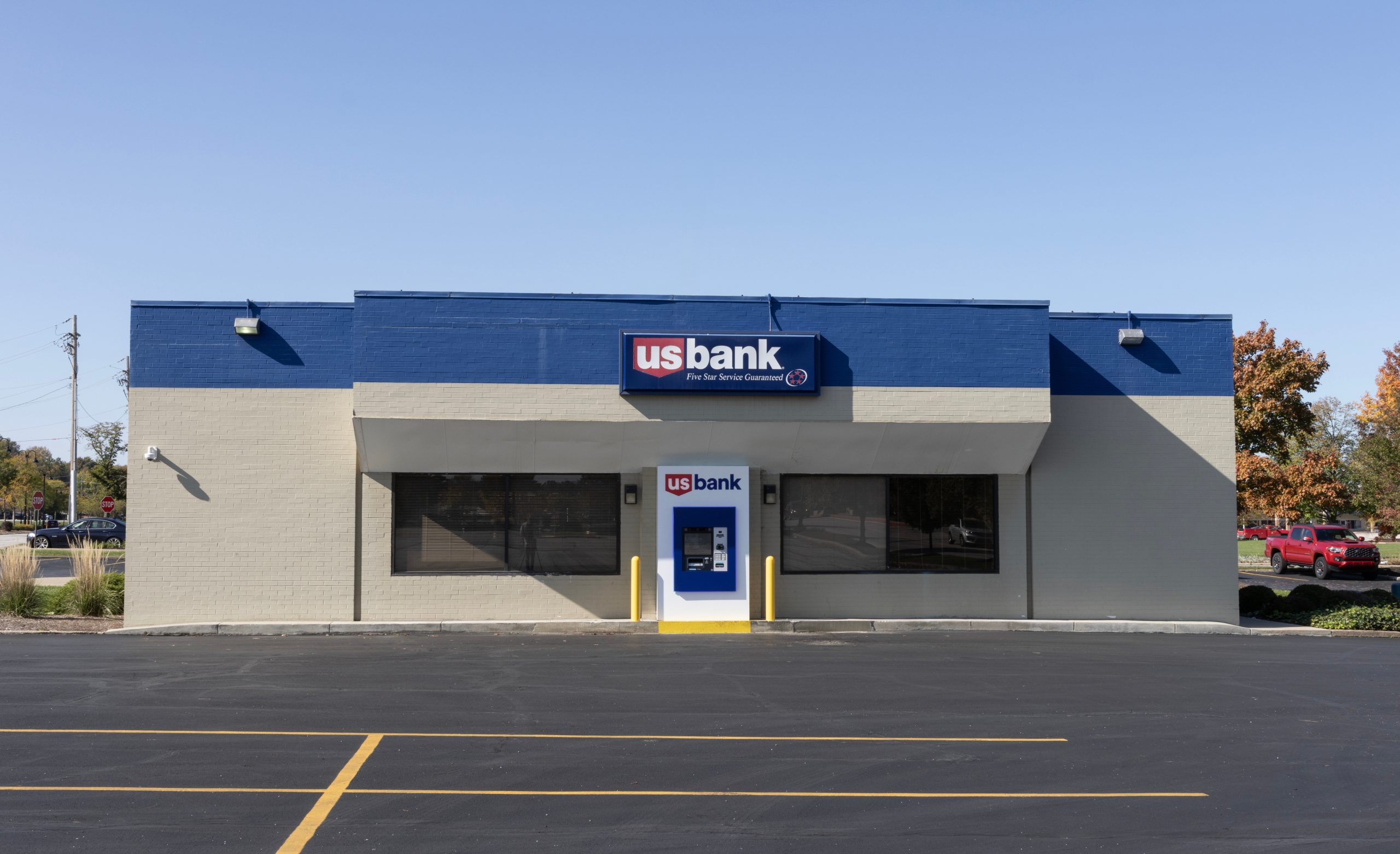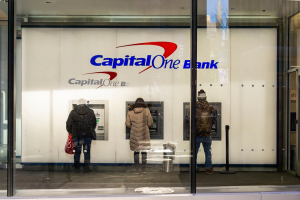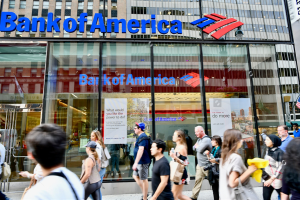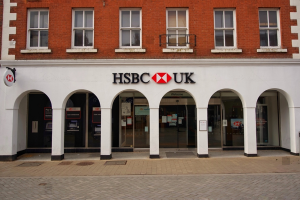
Finance
A heated debate is unfolding in the U.S. banking sector over Rule 1033 — a proposed regulation from the Consumer Financial Protection Bureau (CFPB) that could reshape how customers share financial data with third-party services. The rule, aimed at strengthening open finance, has stirred controversy among banks, fintech firms, and regulators alike. Its outcome could redefine how Americans manage their checking accounts, loans, and digital banking services.
Rule 1033 is part of the Dodd-Frank Act, designed to give consumers greater access to their financial information. In practice, it would require banks to share customer data—securely and transparently—with authorized third parties such as fintech apps or budgeting tools.
This data-sharing model, known as “open finance,” already exists in regions like the U.K. and the European Union under open banking frameworks. Supporters argue it encourages innovation by allowing new players to offer better loan products, personalized mortgage options, and smarter digital banking tools. For example, customers could compare credit offers or savings rates instantly across institutions using connected apps.
Traditional banks, however, warn that the rule could expose them to cybersecurity risks and compliance burdens. Sharing sensitive deposit and credit information raises concerns about data breaches and liability.
Moreover, banks fear losing their competitive advantage. When fintech firms gain access to customer data, they can build faster, cheaper, and more personalized products—potentially drawing clients away from established institutions. The issue also ties into profitability pressures: as interest rates fluctuate, banks must protect margins on loans and mortgages while adapting to new digital service expectations.
For consumers, Rule 1033 could usher in a new era of transparency and choice. Easier data sharing might lead to lower borrowing costs and better management of checking accounts, deposits, and credit scores. It could also help small businesses obtain more tailored loans and improve financial planning.
However, if not implemented carefully, open finance could confuse or even disadvantage consumers—especially if third-party apps misuse data or offer misleading loan comparisons. The CFPB faces the challenge of balancing innovation with accountability, ensuring both banks and fintechs play by clear, fair rules.
As the U.S. inches closer to an open finance model, the key question is how to integrate security, competition, and innovation. Banks may need to accelerate their digital transformation, investing in data-sharing platforms that comply with new standards while protecting customer trust.
Ultimately, Rule 1033 is not just about compliance—it’s about shaping the future of financial access. The next few years will determine whether open finance becomes a catalyst for smarter banking or a regulatory headache that slows progress.
Closing Insights:
The evolution of Rule 1033 will likely influence everything from digital banking strategies to the credit and deposit landscape. Financial institutions that adapt early—by embracing transparency and innovation—could gain a long-term competitive edge.
In a world where data drives value, trust remains the currency of banking. The winners in this new open finance era will be those who manage both effectively.
 Previous Post
Previous Post
From Experiment to Execution: How Banks Are Putting AI to Work
 Next Post
Next Post
U.S. Bank Deregulation Set to Reshape Competition, Says Alvarez & Marsal Report

February 28, 2026

February 28, 2026

February 28, 2026

February 28, 2026

SKN | Charles Schwab After the Pullback: Valuation Reset or Structural Repricing?

SKN | Capital One Financial: Evaluating the Structural Bull Case Within the U.S. Consumer Credit Cycle

SKN | Bank of America Reaffirms Buy on Synchrony Financial: Partnership Expansion Signals Earnings Durability